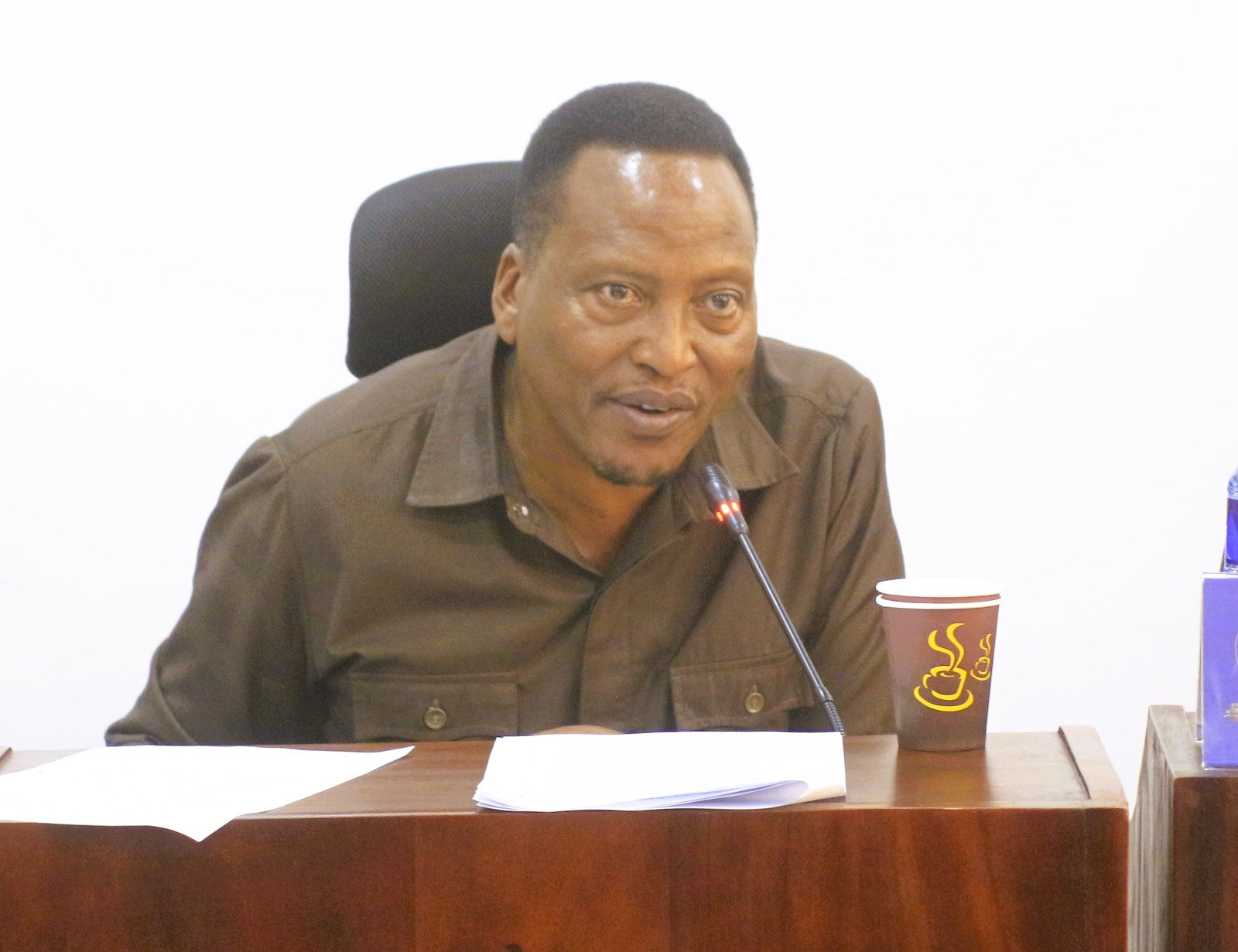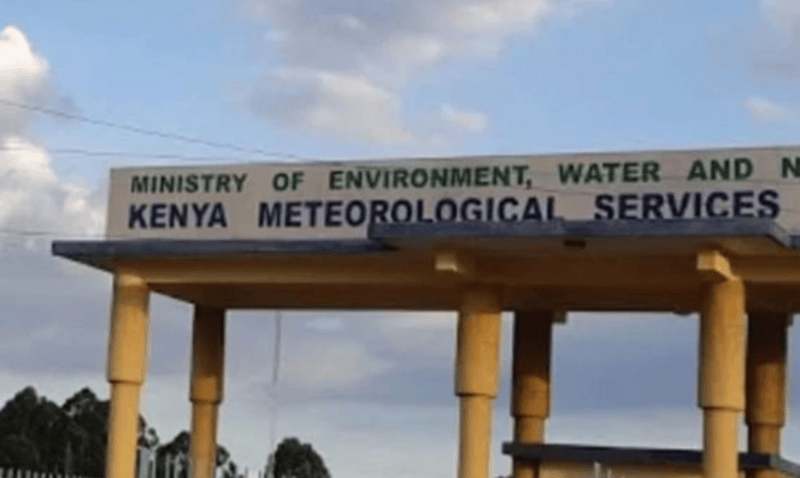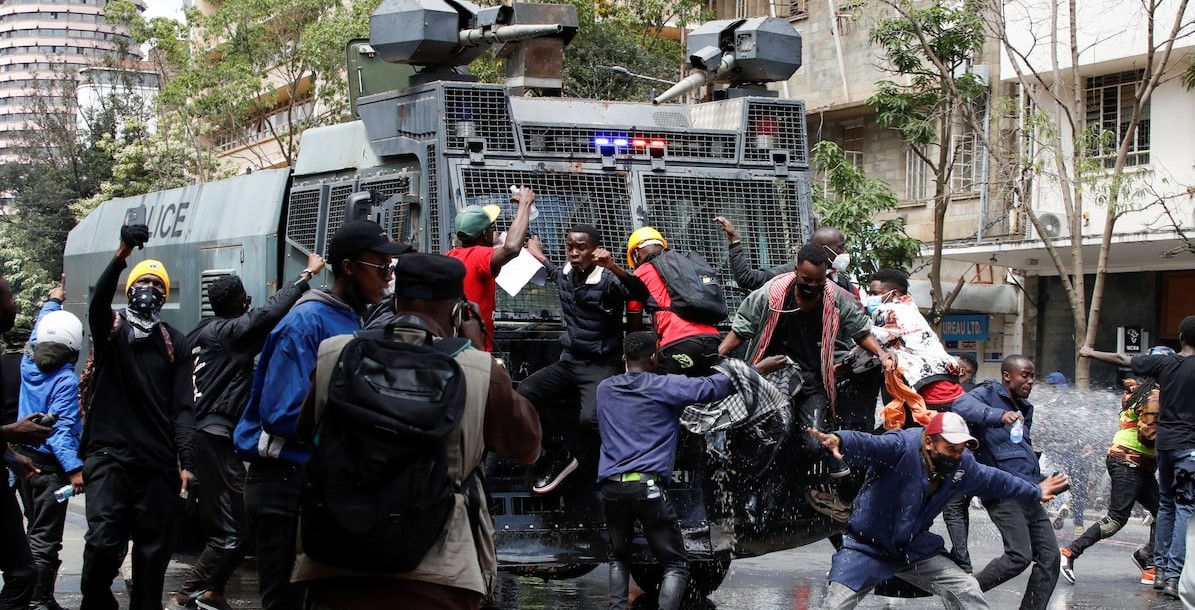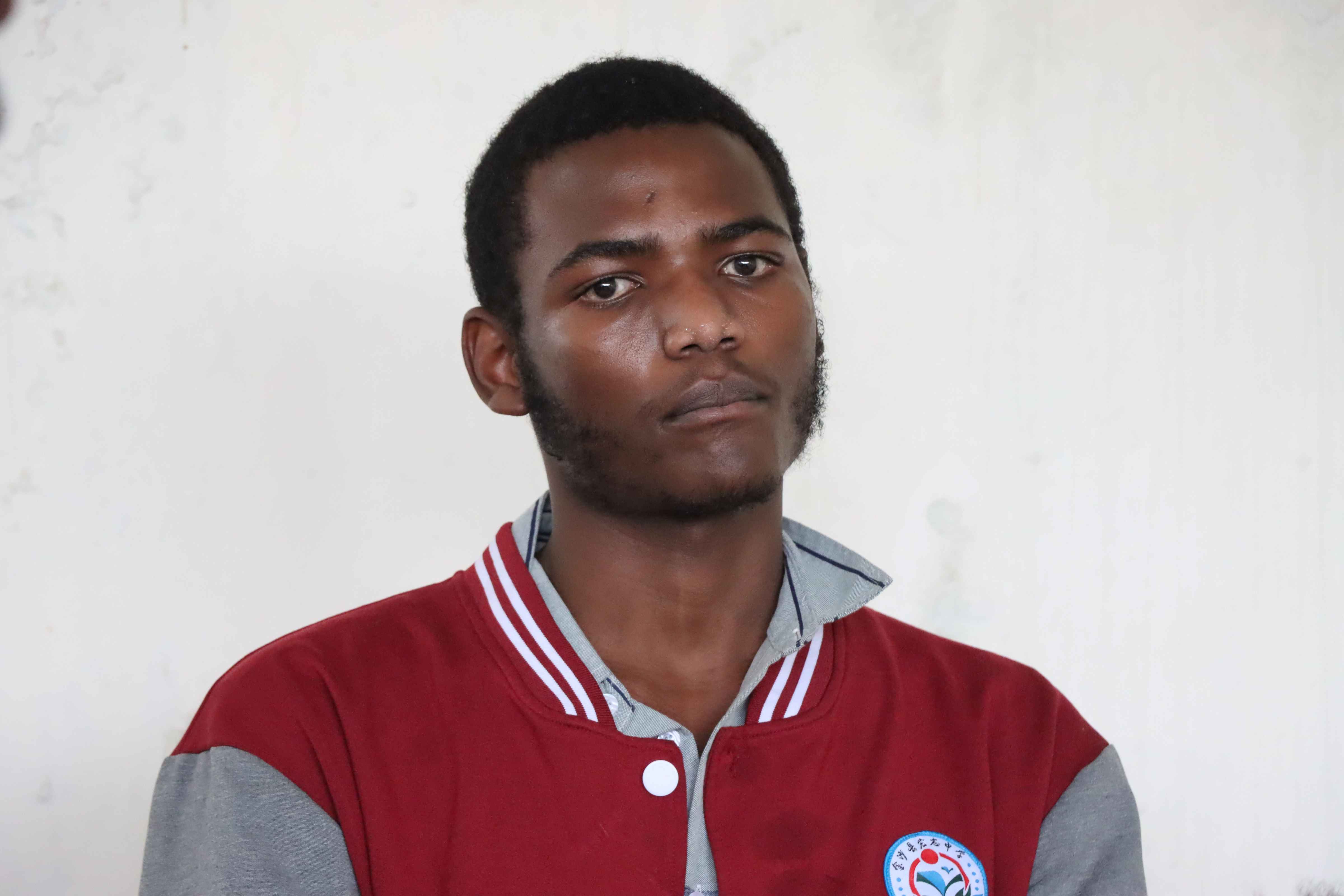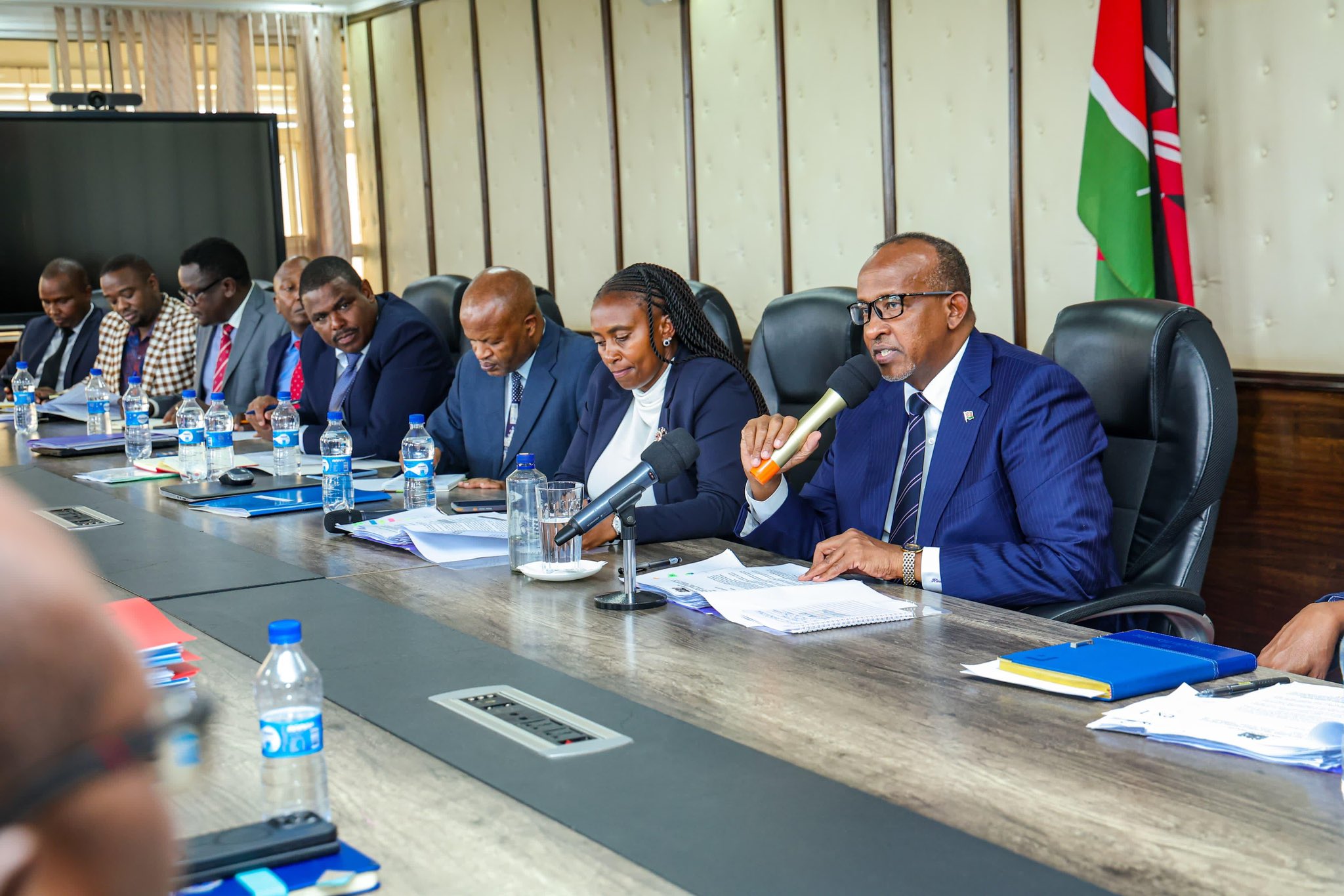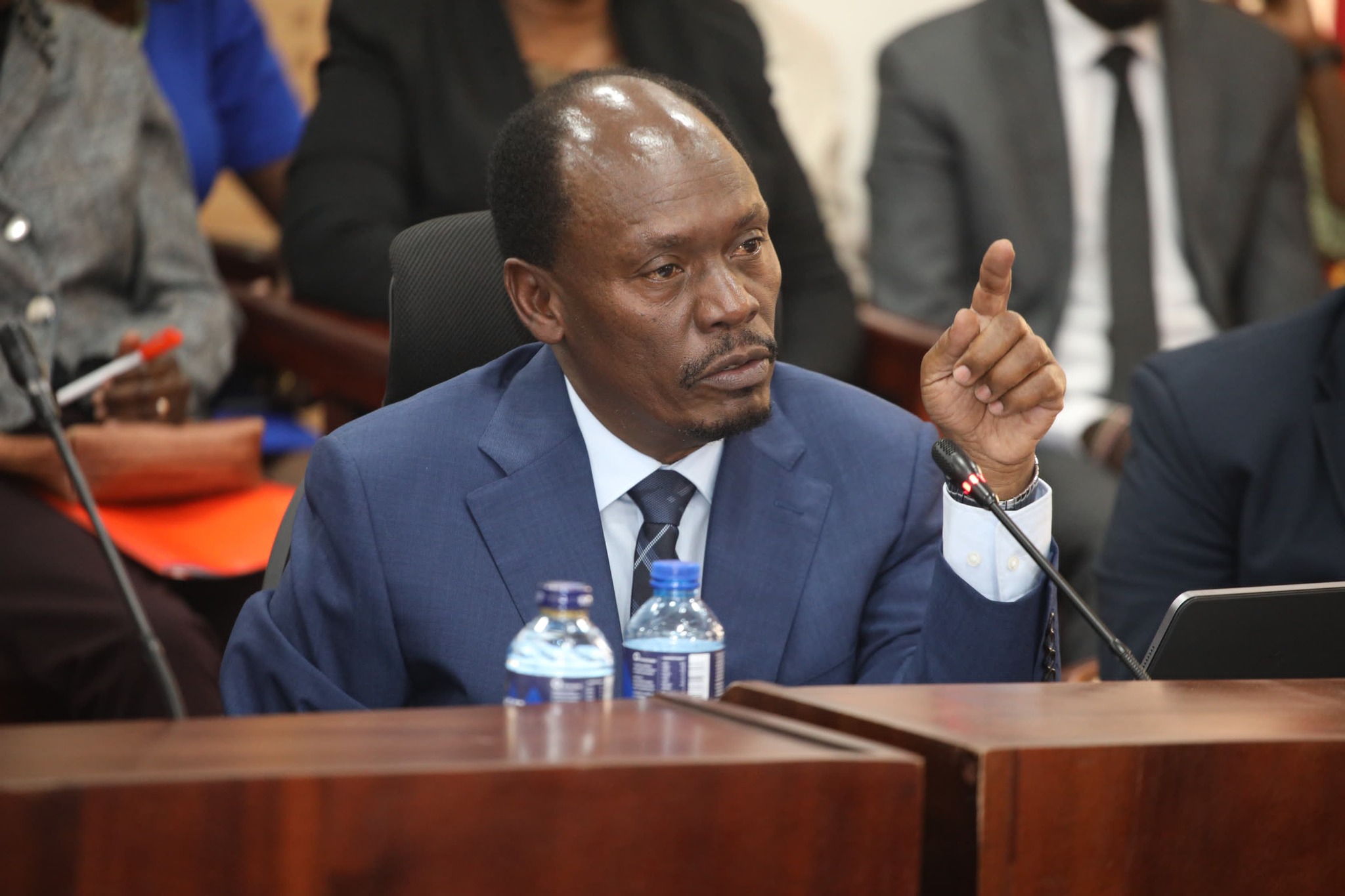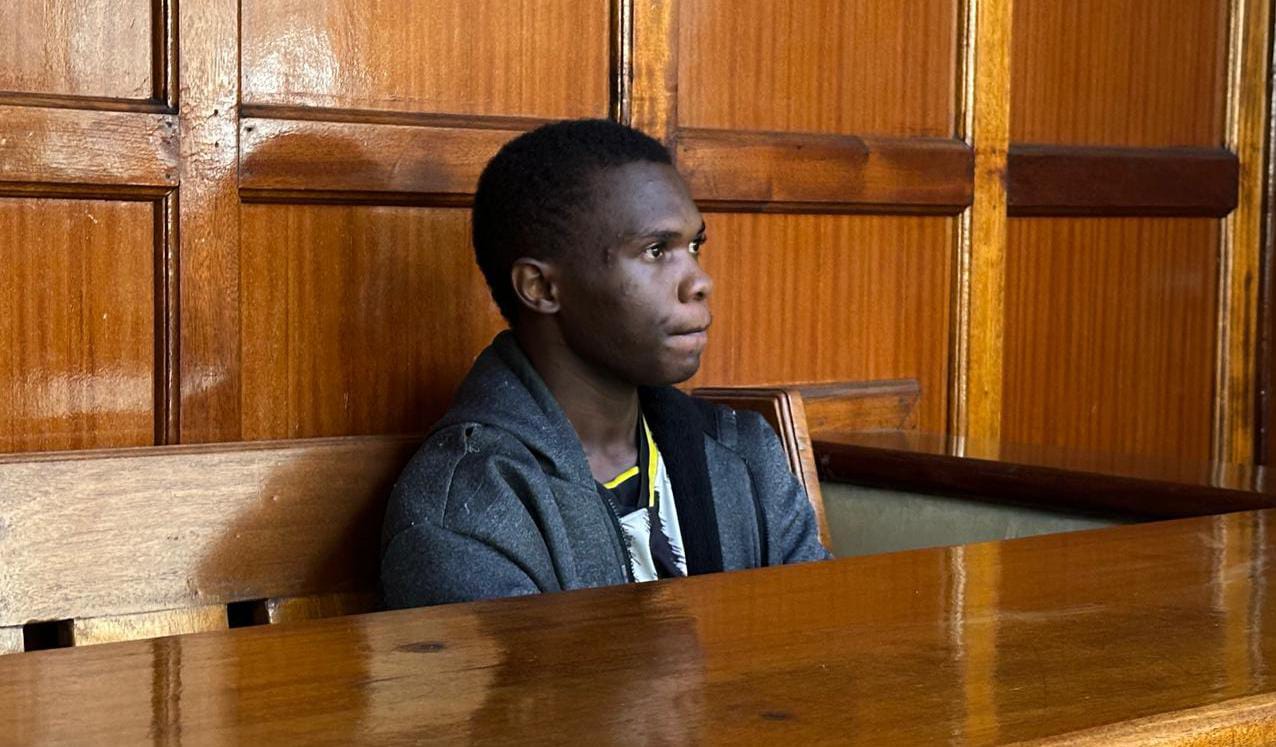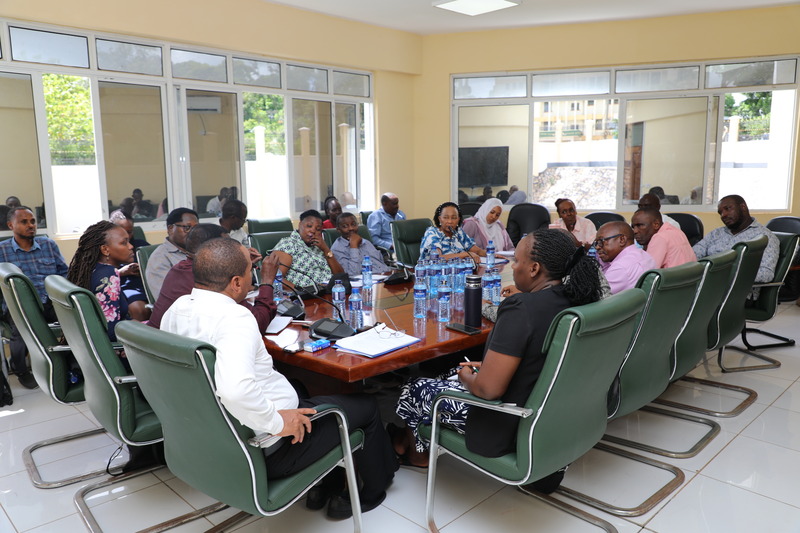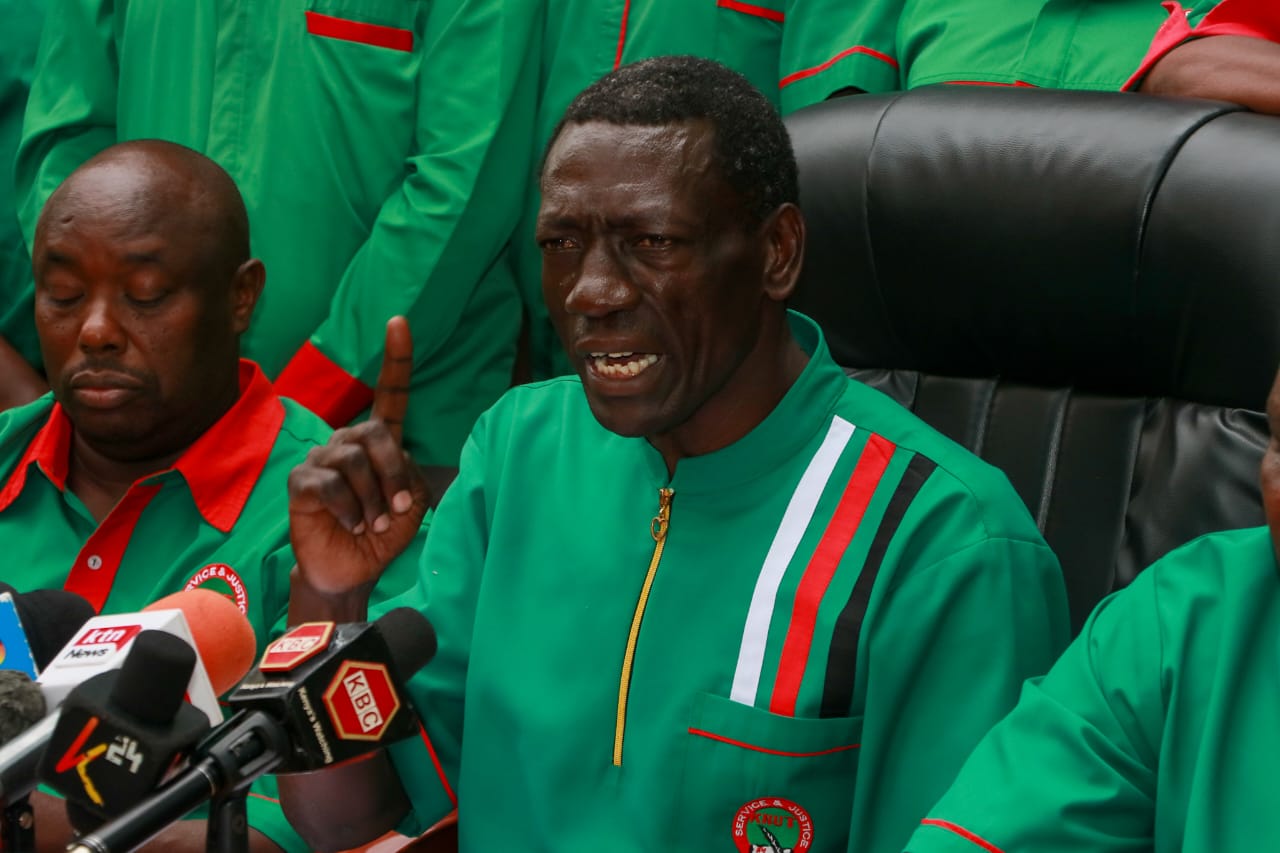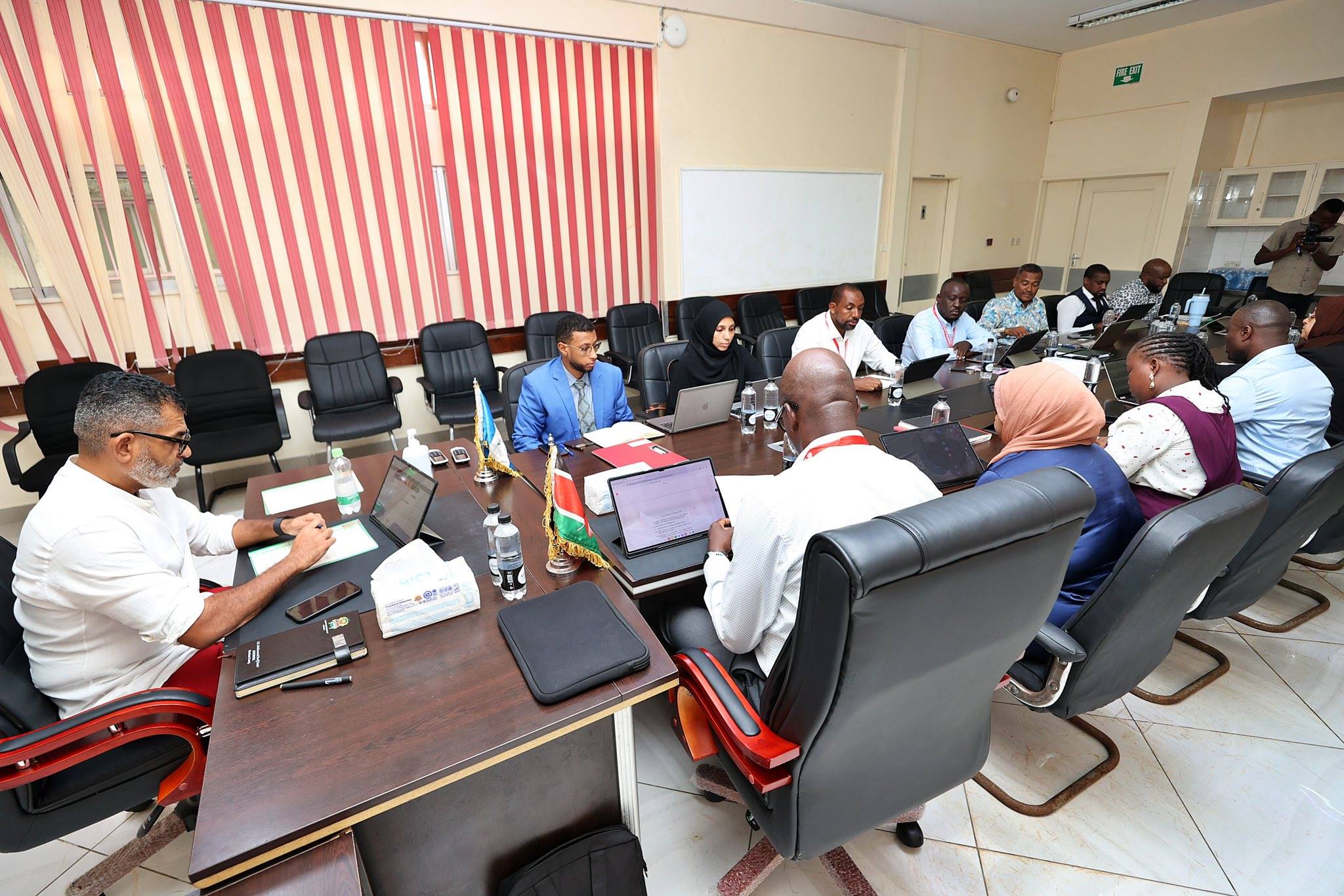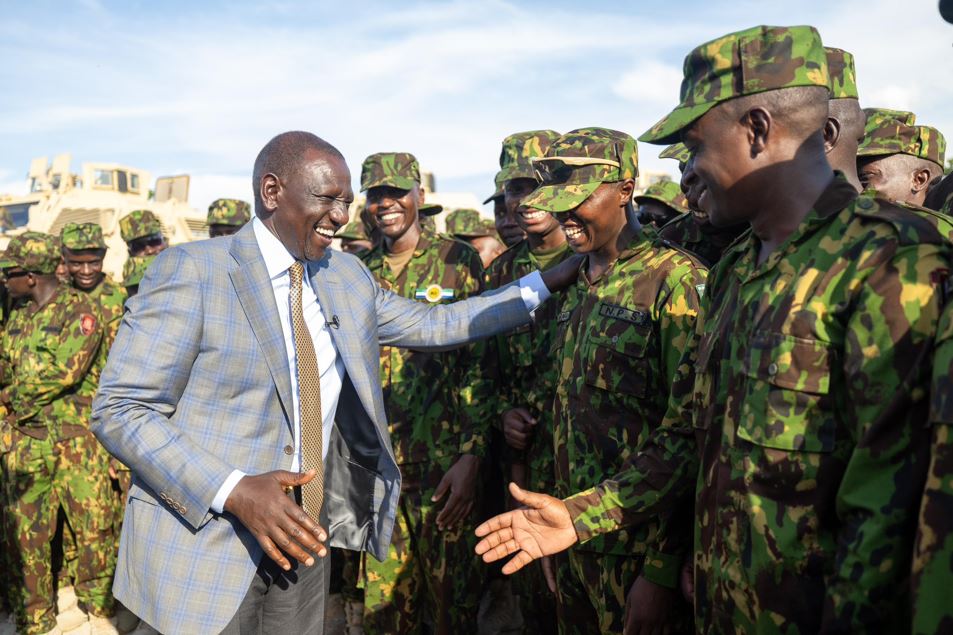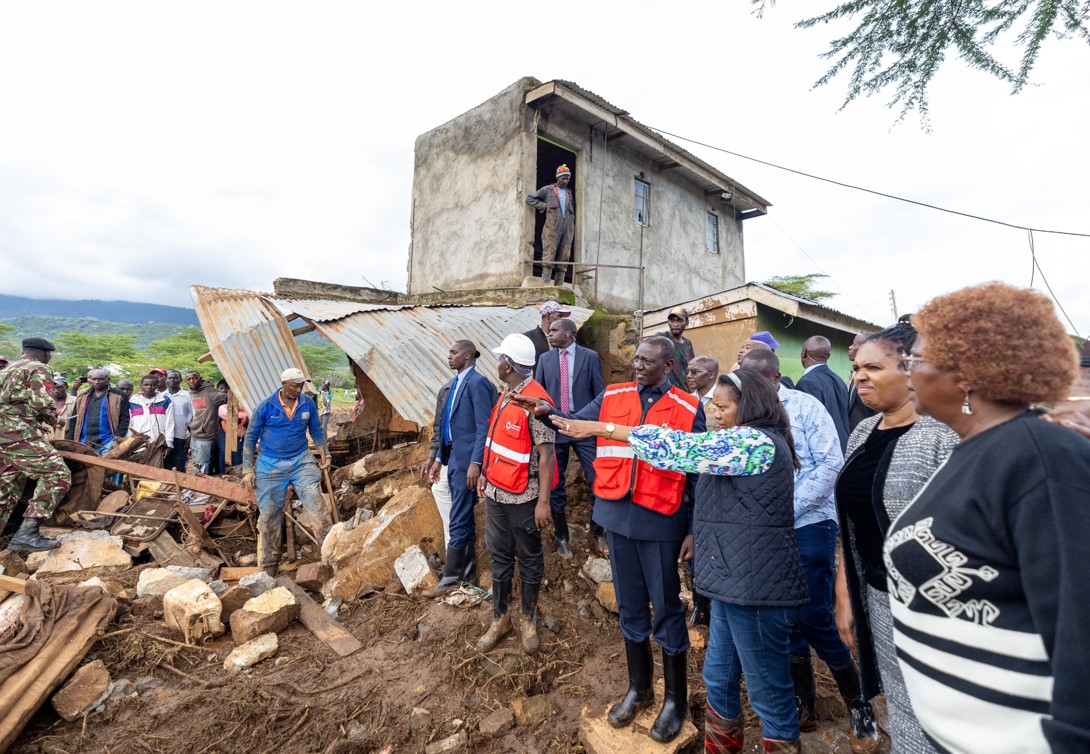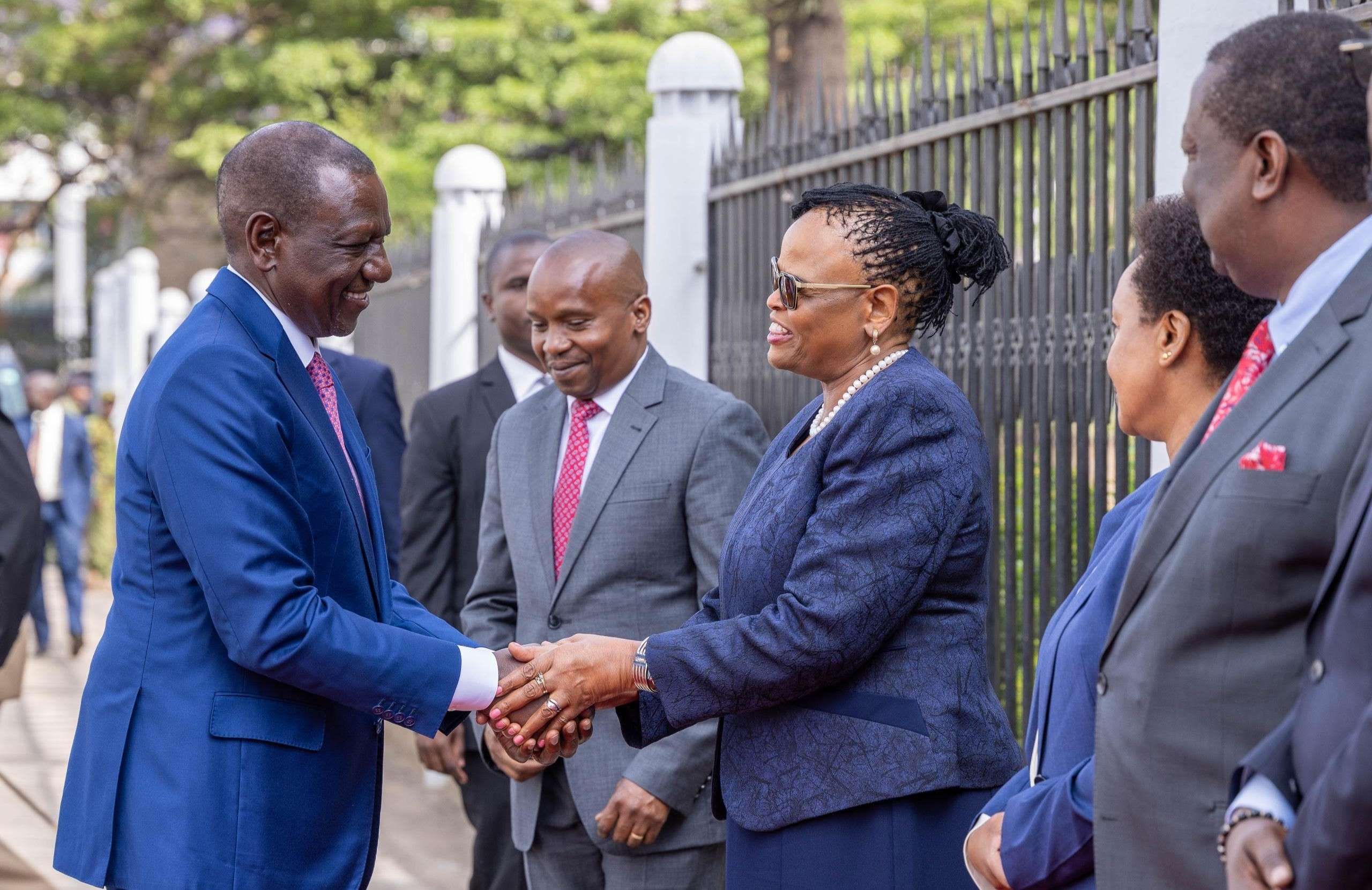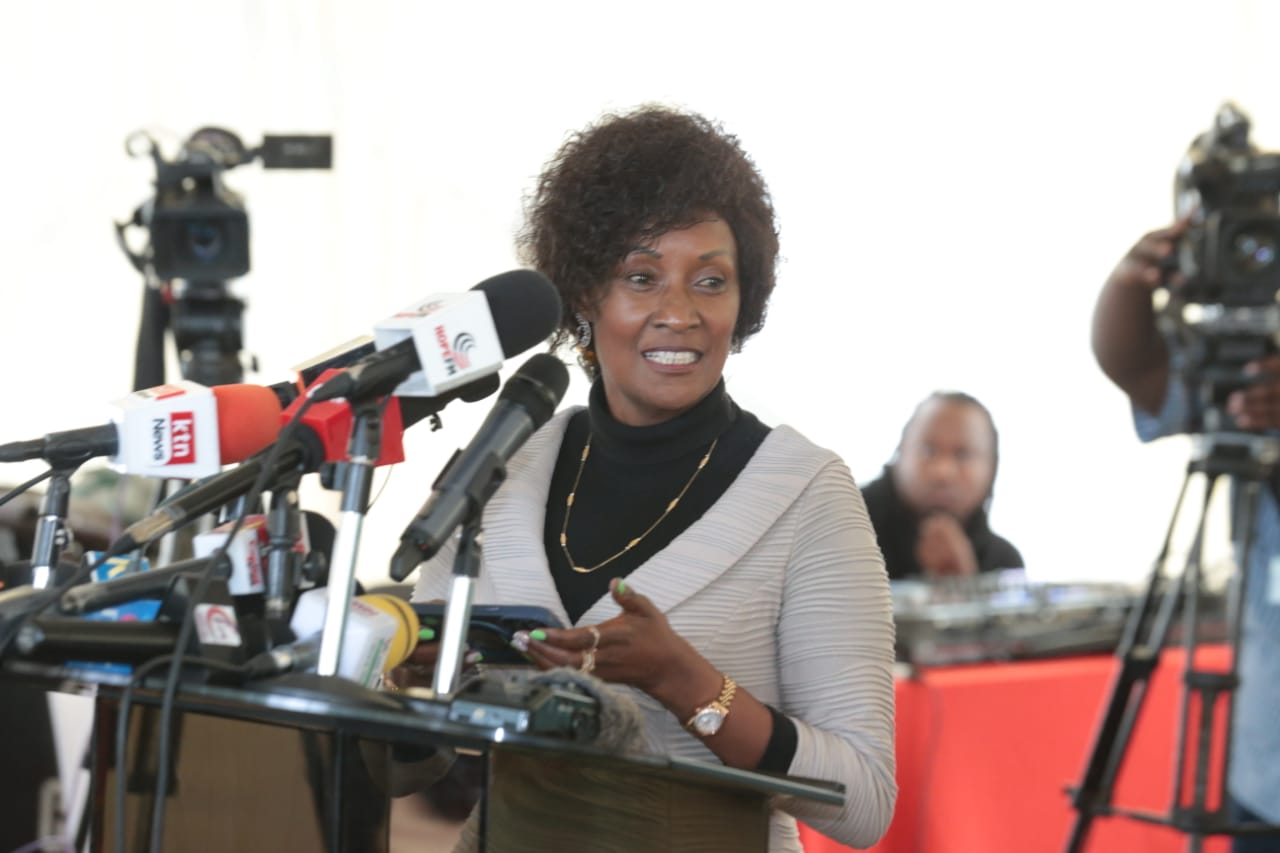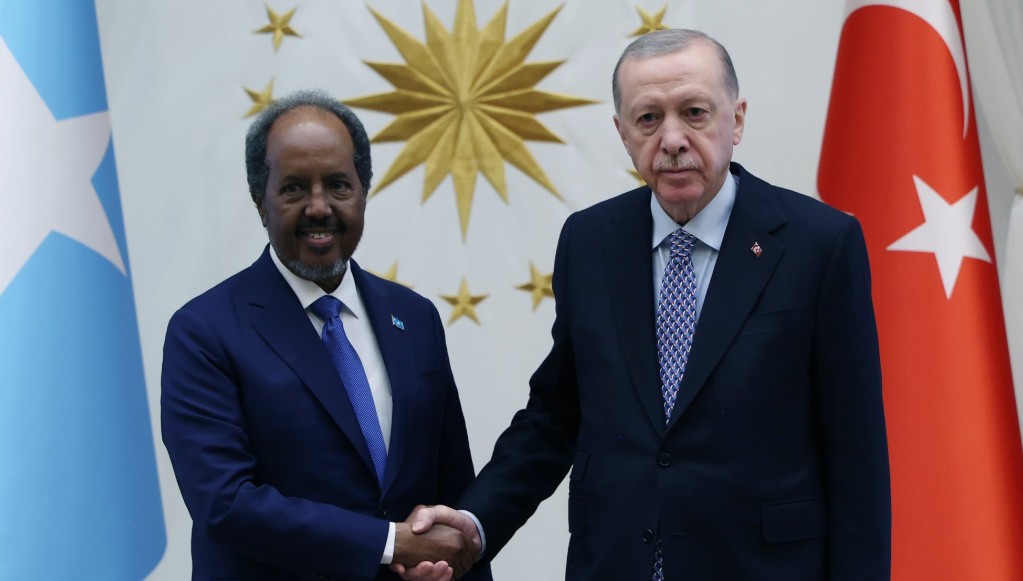Manyatta MP Mukunji urges action on BBC exposé, seeks compensation for protest victims

Mukunji said it was unfortunate for the country to rely on external sources to learn about events that should have been handled locally.
Manyatta MP Gitonga Mukunji has challenged the government to urgently respond to the findings of a BBC documentary on last year’s Gen Z protests and to compensate families who lost their loved ones during the demonstrations.
Speaking at a public gathering on Monday, Mukunji expressed concern that international media houses are leading efforts to expose what happened during the protests while the government has yet to offer clear answers or initiate thorough investigations.
More To Read
- ODPP presses IPOA to fast-track probe into Gen Z protest killings after BBC documentary
- Amnesty Kenya calls for probe into June 2024 protests after BBC documentary
- Kaluma calls for BBC Africa ban in Kenya over documentary on deadly Gen Z protests
- Butere Girls' bold stand, tears of triumph after refusing to stage Echoes of War without audience
"I want to condemn the fact that there has not been a solid investigation to determine who exactly killed the youths. I want to call on the government that if they have an alternative of what transpired, they should be able to release it," he said.
Mukunji also pointed out that it was unfortunate for the country to rely on external sources to learn about events that should have been handled locally.
"It is also a shame that we have to wait for the BBC to create a documentary so that we can start answering the questions about what happened. When the youths were going to protests in the parliament, they were fighting for every Kenyan," he stated.
The Manyatta MP made these remarks just hours after the BBC aired its documentary titled Blood Parliament, which examined the June 25 protests against the finance bill.
The exposé revealed shocking new evidence, including the suspected involvement of Kenya Defence Forces (KDF) officers in the shooting of peaceful demonstrators.
Mukunji called on the government to not only respond with its own account of the events but also to provide financial support to grieving families who lost relatives during the protests.
Compensate families
"They should compensate the families that lost their children during their protests because killing those young men was inhumane, given that the people were speaking and acting within the constitution," he said.
The BBC documentary, based on an extensive review of over 5,000 images and videos, highlighted how KDF officers were implicated in the deaths of at least three protesters. The revelations have sparked fresh outrage among Kenyans, many of whom took to social media to express their anger and sadness.
"The BBC documentary touched me somewhere, man. To hell with this government and all it stands for. At least we know it isn't standing with its citizens," one X user wrote, echoing the sentiments of many who participated in the protests or supported them.
While many Kenyans praised the documentary for shedding light on the tragedy, some political leaders criticised the BBC, accusing it of attempting to stir up unrest in the country.
Homa Bay Town MP Peter Kaluma stated on Monday, April 28, strongly condemning the documentary and suggesting harsh action against the media house.
"Ban the BBC in Kenya. The role played by the media in any democracy is too important to be discharged irresponsibly. The media can build a greater democracy or destroy an otherwise stable state. Lest we forget, the Rwanda mass annihilation would not have occurred were it not for reckless media," Kaluma said.
Top Stories Today
